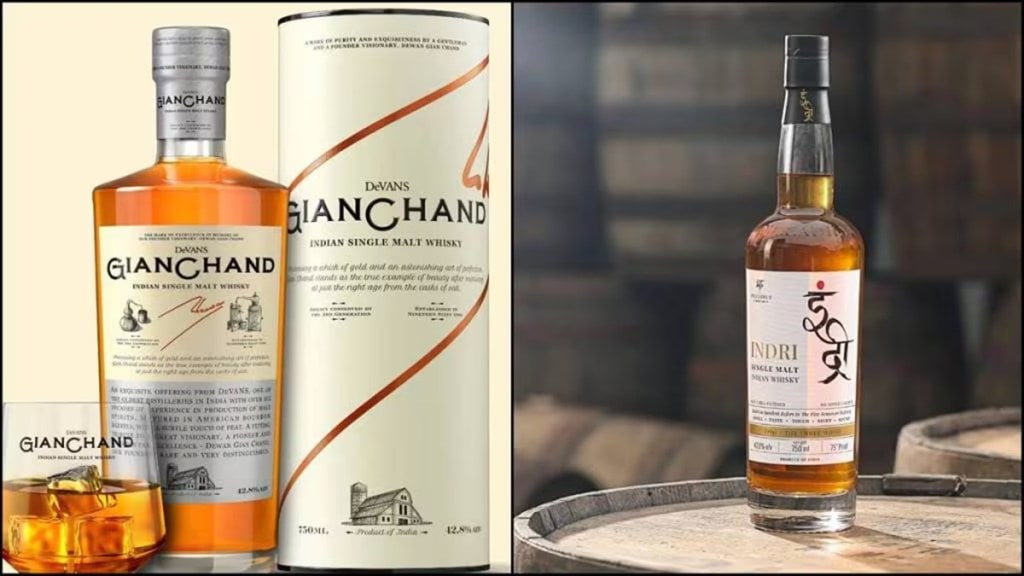The government should seek removal of the non-tariff barriers that Indian whiskey faces in the UK market while negotiating on duties on scotch in the free trade agreement, the liquor industry representatives. As talks on the FTA resumed after an eight month gap, the industry has also asked the duties on scotch should be brought down gradually and strict rules of origin be laid down. The lowering on duties on scotch is the major ask of the UK in the FTA.
The UK does not allow any whiskey that has not been matured for three years or more to be sold as whiskey in their local market. The whiskey from India thus gets labelled as “Indian Spirit”. In the FTA the government should ensure that whiskey from India should be allowed to be sold with the label “Indian Whiskey” without any limitation on the number of years it has been matured, director general of Confederation of Indian Alcoholic Beverage Companies (CIABC) Anant S Iyer said.
While insisting on compliance with maturation standards, the UK charges minimal duty on Indian whiskey.
He said India is a tropical country and maturation happens faster so the limitation of three years should go. Due to Indian climatic conditions the maturation that takes 3 years in the UK happens in 6 to 9 months. In India evaporation loss during maturation is 10-15% and if this term is extended for three years then this loss would touch 30-35% that would make Indian single malt and other spirits unviable.
The industry has also sought reduction in duties on scotch over 10 years. For scotch ‘Bottled at Origin’ the duties should come down to 50% from 150% over 10 years while for bulk whiskey the duties can be brought down to 25%. Some Indian companies also import scotch in bulk to bottle locally.
The whiskey trade should have strict rules of origin and scotch should not be allowed to be routed through third countries, Iyer said. With the EU also FTA negotiations involve duties on wines and spirits. “If duties on whiskey in the FTA with the EU are kept lower, scotch should not be allowed to be routed from there,” he said.
Similarly, CIABC has requested state governments to withdraw all excise concessions given to imported liquor as cut in customs duties will further hit the Indian products – both in spirits and wine categories. In many states local excise on imported liquor is half of what the Indian industry pays. The justification for lower excise is that imported liquor has already paid high import duties.
The industry needs to be protected as there is always the fear of cheap imports in spirits and wines eroding the domestic industry, Iyer said. The beverage alcohol industry contributes over Rs. 3 lakh crores to the exchequers of state governments apart from revenue accruing to the Centre from Customs duty and GST on a host of inputs.

